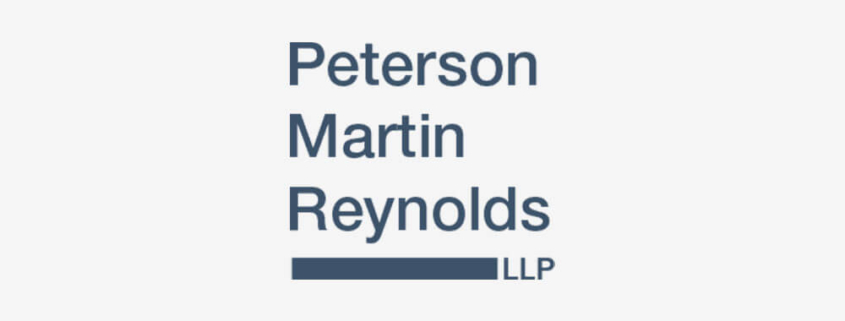Real Estate Agent’s Fraud Cannot Be Imputed to Broker for Exception to Bankruptcy Discharge, Unless Broker Knew or Should Have Known of the Fraud
Real Estate Agent’s Fraud Cannot Be Imputed to Broker for Exception to Bankruptcy Discharge, Unless Broker Knew or Should Have Known of the Fraud – Angela Okamura
The case of In re Huh examines whether a finding of fraud against a real estate agent can be imputed to the broker in a bankruptcy context.
Benjamin Huh was a licensed real estate broker in California, who operated under his business America Realty & Investment. Jay Kim, a part-time sales agent working under Huh’s broker’s license, met with plaintiff and prospective purchaser Anil Sachan to discuss buying a certain business (a market) in Long Beach. Based on Kim’s representations, Sachan purchased the property. The contract identified America Realty & Investment as the selling agent and broker. Huh never communicated with Sachan, and was not aware of Sachan’s purchase until the transaction closed.
Shortly after the purchase, Sachan learned that the property was subject to various local code violations that rendered it ineligible for a business license absent costly updates. Further, the business was generating about $100,000 less revenue per month than what Kim had represented. Sachan sold the property at a loss.
Sachan sued Kim and America Realty & Investment, alleging fraud, among other things. The trial court ruled in favor of Sachan, finding that Kim and/or America Realty & Investment had made false material representations on which Sachan relied in purchasing the property.
The court added Huh as a defendant upon Sachan’s motion, concluding that Huh, as the holder of the broker’s license for America Realty & Investment, was the only person who could legally engage in the property transaction. The court then ruled that Huh was also liable for Sachan’s losses.
Huh then filed for Chapter 7 bankruptcy relief. Sachan brought an adversary proceeding, seeking an exception to discharge the judgment against Huh on the basis of fraud. The court ruled for Sachan initially, but then, on a post-trial motion, changed its mind. The court reasoned that imputed liability of a principal (Huh) for the active fraud of an agent (Kim) would not support an exception to discharge under the governing bankruptcy law.
Sachan appealed to the Bankruptcy Appellate Panel, who heard the appeal en banc. The Panel affirmed the lower bankruptcy court’s ruling, holding that it was correct in declining to impute the fraud of Kim to Huh. While recognizing that the Ninth Circuit Court had not ruled on the particular question, the Panel applied the standard set forth in an Eighth Circuit Court case, which is consistent with the Panel’s own authority: with regard to a principal/agent relationship, before an agent’s fraud can be imputed to a principal-debtor, proof is required that the principal “knew or should have known of the fraud.” In Huh’s case, Huh never communicated with Sachan or made any representations to Sachan, was not aware of the property or its financial status prior to the sale, and was not aware of the purchase until after it closed. Thus, the court could not conclude that Huh knew or should have known of the fraud of its agent Kim.
In re Huh, 506 B.R. 257 (9th Cir. BAP 2014)



